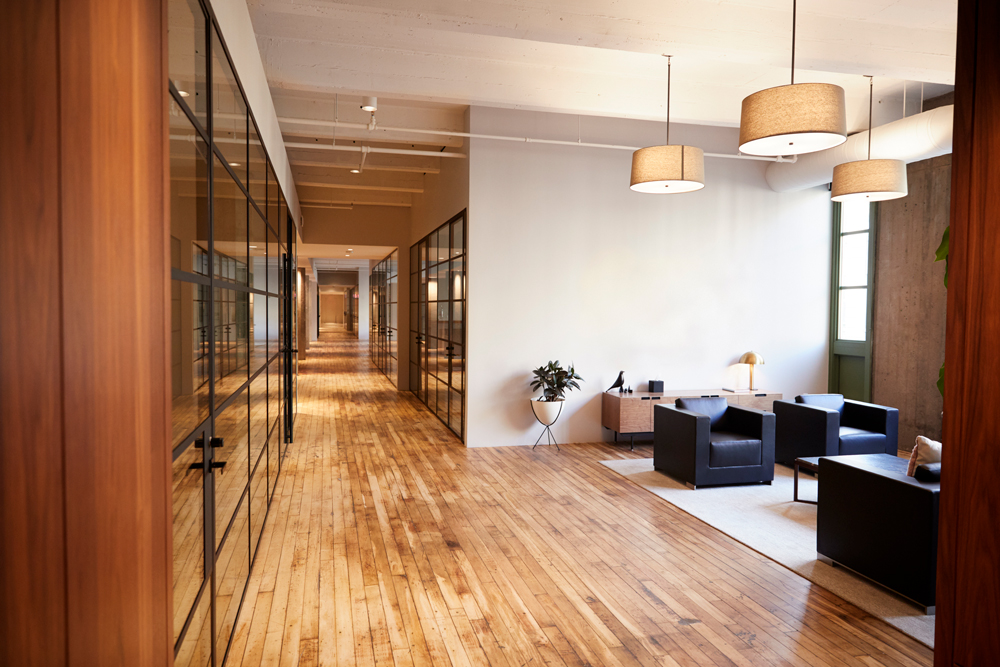5 Considerations to Make Before Leasing New Office Space
Thinking about leasing commercial office space? The convenience of an office space can bring newfound credibility to you and your brand. However, there are some things you would want to ensure you consider prior to signing a lease.
Let’s take a look at 5 considerations you will want to make before leasing that new office space, and why these things are important to consider.
1. The Cost
This one may seem painfully obvious, but don’t skip over it just yet. The cost of your new office is more than just the monthly rental expense. Keep an eye out for what the lease says regarding rental escalations or increases over time. Sometimes, these increases can be determined by the consumer price index. The CPI can change based on the market so be aware. Additionally, you’ll want to see how damages are handled, and how your security deposit is used. All of these things can go into the overall cost of the office.
2. The Lease Term
Consider the Lease term prior to deciding on your new office space. The term (or length of the lease) may have very specific contingencies. First, keep in mind how long you realistically seeyourself staying in your new office. Is this a startup office for a short-term period, or do you plan to make this a long-term location? If you want to stay in the location long-term, you may have an edge when it comes to negotiating with the landlord, as they often prefer longer, secure leases. However, as the market changes, a long, fixed rate lease term could mean paying more than market value if the market declines. Keep these things in mind and research what kind of lease term would be right for you prior to signing your next lease.
3. Location
Location can be a key factor in a business’s success. For example, a tenant may be better off leasing a smaller space in an area with their ideal demographic; rather than a larger space with people who would not be likely clientele. Additionally, factors such as distance to public transportation and parking can impact employee happiness and client convenience. So, ask yourself, is the surrounding environment ideal for me, my employees and current or future clients? Be sure to choose wisely when looking at the location of your new office,
4. The Space
What kind of concept are you going for with your new office? Is it just you alone, or you and a current or future team? These are all questions that need to be asked regarding the office space. You may know you’d like 1,200 square feet, but be sure to delve deeper and get more specific. How do you want the space laid out? Do you want an open floor plan or more privacy? Additionally, think of the future, will you need additional space for growth? Can the space be modified or changed in any way? Upon termination, will the property have to be restored to what it was?
Additionally, keep in mind common areas. From restrooms to hallways, what are the specifics on those? Keep in mind if your lease has factored those things into your rental cost. The office plus common areas are often known as total sq footage, this is different than usable square footage, which would be the actual office’s size.
5. Building Management
Make it a priority to meet the building management, especially if there is one on sight prior to signing. Get their name or the company the building employs. You can google reviews regarding how the management has handled past and current tenants. See if they cover the cost of cleaning, or common area, or office maintenance. Additionally, ask any questions you may have.
Moving to your first office or a new office can be an exciting but stressful time. Ensuring that you have taken the aforementioned steps prior to signing the lease can help make everything go more smoothly.


